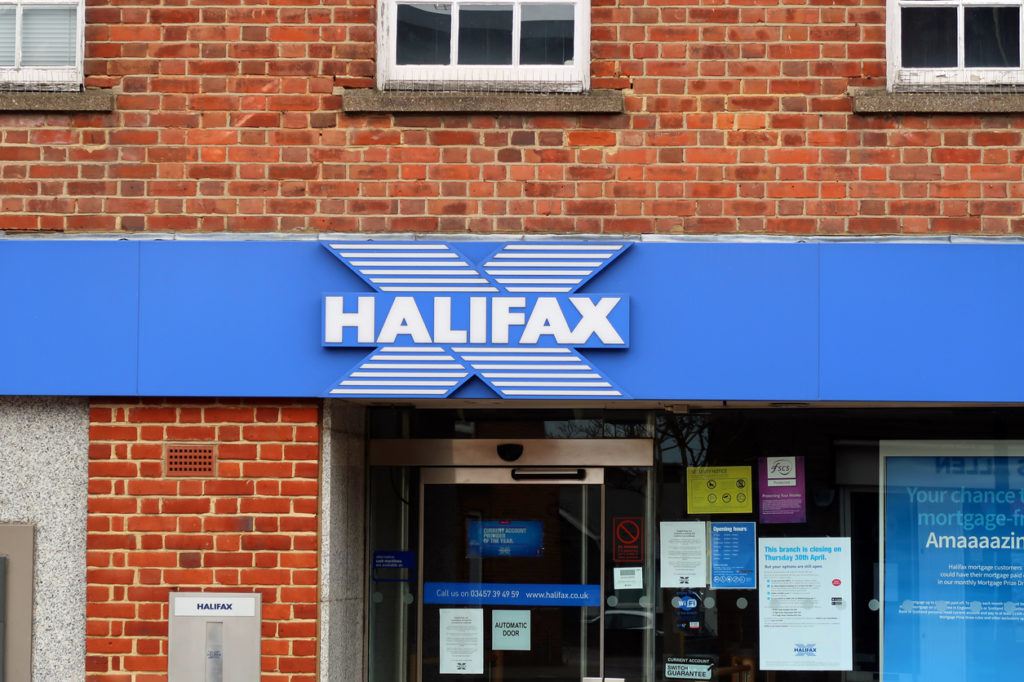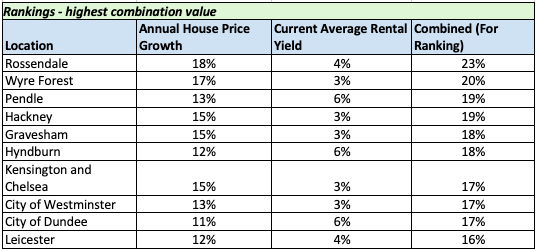Industry reaction to the July Halifax House Price Index
The latest Halifax House Price Index reports that house prices have fallen for the fourth month in a row. However, there has been a surge in new mortgage enquiries.
The highlights of the Halifax House Price Index include:
- On a monthly basis, house prices in June were 0.1% lower than in May
- In the latest quarter (April to June) house prices were 0.9% lower than in the preceding three months (January to March)
- House prices in June were 2.5% higher than in the same month a year earlier
Russell Galley, Managing Director, Halifax, comments within the report: “Average house prices fell by 0.1% in June as the UK property market continued to emerge from lockdown.
“Though only a small decrease, it is notable as the first time since 2010 – when the housing market was struggling to gain traction following the shock of the global financial crisis – that prices have fallen for four months in a row.
“Activity levels bounced back strongly in June, which is typically the busiest month for mortgage activity in the UK. New mortgage enquiries were up by 100% compared to May, and with prospective buyers also revisiting purchases previously put on hold, transaction volumes rose sharply compared to previous months. However, whilst encouraging, it remains too early to say if this level of activity will be sustained.
“The near-term outlook points to a continuation of the recent modest downward trend in prices through the third quarter of the year, with sentiment indicators, based on surveys of both agents and households, currently at or around multi-year lows.
“Of course, come the autumn, the macroeconomic landscape in the UK should be clearer and the scale of the impact of the pandemic on the labour market more apparent.
“We do expect greater downward pressure on prices in the medium-term, the extent of which will depend on the success of government support measures and the speed at which the economy can recover.”
Managing Director of Barrows and Forrester, James Forrester, has commented: “Yet another contrasting medical examination of the UK property market and one that shows the impact of an industry-wide lockdown is still lingering with further monthly declines in house price growth.
“However, the positives are that prices remain higher on an annual basis despite the turbulent start to the year. This is a much better indicator of market health and one that should reassure the nation’s home sellers, as well as bolstering the surge of buyer demand that has already flooded the market since lockdown restrictions were eased.
“We’re expecting to see a further boost in the form of a stamp duty holiday tomorrow, and while this has already drawn its critics, it will only act as a positive stimulus for the market in the long-term.”
Managing Director of Enness Global Mortgages, Hugh Wade-Jones, commented: “More positive news for the UK property market and hopefully the first of a double dose of good news this week.
“Unfortunately, it looks as though the top tier of the market will once again be shown the cold shoulder in terms of any stamp duty relief or otherwise.
“However, we’ve seen a promising increase in market activity in recent months, and this has been driven of late by foreign buyers returning to the top tiers of the market, in particular.
“While domestic activity remains the backbone of the UK property sector, it is this foreign investment that will help spur the market back to full health.
“Although it might take a little while longer to materialise at the top level, it bodes very well for the remainder of the year where overall house prices are concerned.”

Director of Benham and Reeves, Marc von Grundherr, commented: “The potential announcement of a stamp duty holiday by the chancellor tomorrow should help lift market sentiment, certainly where buyer demand is concerned. Of course, some are already forecasting that many buyers will hold off now to benefit later, causing a slump in the market as a result.
“While a valid point, it’s unlikely to send a market that is comfortably shifting through the gears into full reverse. The transaction process can be a long one, and it is doubtful that the average buyer will jeopardise their bricks and mortar aspirations, simply to save a few thousand pounds in stamp duty.
“The flip side to this is that with such demand already returning to the market, postponing a purchase until October could see the price of your chosen property increase in value, exceeding the saving you might have made. So any buyers considering such an idea would be ill-advised to take the risk.”
Lucy Pendleton, property expert at independent estate agents James Pendleton, said: “The typically more bullish Halifax index hasn’t disappointed. People remain confident despite the pandemic but the biggest threat to the market at the moment is the posturing going on in government over a potential Stamp Duty tax break.
“The market will seize up if this continues. Ministers more intent on teasing than leading either need to introduce it or ditch it. The flying of kites only encourages people to hold off with their move.
“If they don’t provide clarity, the recovery in the market, which by the Halifax’s reckoning is still powering ahead, will be put in doubt.
“Two things have so far characterised the residential market since it reopened in mid-May. First, there were the overzealous bargain hunters who came crashing in demanding huge discounts and were quickly beaten back.
“We’re not hearing from that type of buyer anymore. Second, we’ve noticed a lot of buyers and sellers who had been frustrated by the pandemic’s shut down of the country showing huge determination to now get on with their move.
“It just goes to show that moving home is a marathon and not a sprint for most people, a decision often years in the making, and that is underpinning the annual growth still being registered by the Halifax in June.
“This confidence and robust overall demand bodes well for transaction volumes, and sensible offers provide some clue that a broad price correction is not on the cards at the moment.”
Mary-Anne Bowring, group managing director at Ringley and creator of automated lettings platform, PlanetRent, said: “Today’s figures show potential green shoots of recovery with rising mortgage enquiries although it is clear lockdown and prolonged uncertainty are still having their effect and with no clear route out the pandemic yet, the for-sale market is likely to be subdued as buyers and sellers act cautiously and put off major financial decisions.
“This is why government policies aimed at restimulating the housing market need to look beyond first-time buyers and existing owner-occupiers and tap into new sources of demand like buy to let landlords by scrapping the stamp duty surcharge they face.
“With only the private sector predicted to keep on growing and the disruption caused by Coronavirus likely to cause a short-term spike in rental demand, the government could kill two birds with one stone by driving activity and meeting a growing housing need.
“Landlords are also an important source of development finance for housebuilders through off-plan sales and so cutting SDLT for buy to let investors could help housebuilding recover too.”









